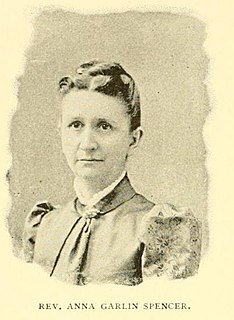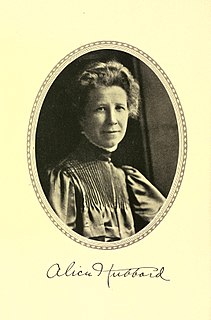A Quote by Patrick Rothfuss
Don't get me wrong, magic is cool. But a nervous mother singing to her child at night while something moves quietly through the dark outside her house? That's a story. Handled properly, it's more dramatic than any apocalypse or goblin army could ever be.
Related Quotes
No one in my family or my circle of friends had ever had to confront something like this. Jamie was seventeen, a child on the verge of womanhood, dying and still very much alive at the same time. I was afraid, more afraid than I'd ever been, not only for her, but for me as well. I lived in fear of doing something wrong, of doing something that would offend her. Was it okay to ever get angry in her presence? Was it okay to talk about the future anymore?
The adolescent does not develop her identity and individuality by moving outside her family. She is not triggered by some magic unconscious dynamic whereby she rejects her family in favour of her peers or of a larger society.... She continues to develop in relation to her parents. Her mother continues to have more influence over her than either her father or her friends.
Women of a selected class, by the use of slaves and servants have become inactive, the mere recipients of values, no longer creators but "feeding on unearned wealth." This hurts their nature and debases the social fabric. If a woman does no labor in her home which could properly make her self-supporting outside that home she is in duty bound to do something outside her home to justify her claim to support.
Nature seemed to me benign and good; I thought she loved me, outcast as I was; and I, who from man could anticipate only mistrust, rejection, insult, clung to her with filial fondness. To-night at least, I would be her guest-as I was her child; my mother would lodge me without money and without price.
I'll show up at every classroom open house and teacher conference,' she said, now in a voice that was almost frightening in its intensity. 'I'll bake brownies. My child will have new clothes. Her shoes will fit. She'll get her shots, and she'll get her braces. We'll start a college fund next week. I'll tell her I love her every damn day.' If that wasn't a great plan for being a good mother, I couldn't imagine what a better one could be
I'd lay down my life for her - Mas'r Davy - Oh! most content and cheerful! She's more to me - gent'lmen - than - she's all to me that ever I can want, and more than ever I - than ever I could say. I - I love her true. There ain't a gent'lman in all the land - nor yet sailing upon all the sea - that can love his lady more than I love her.
As Anna Freud remarked, the toddler who wanders off into some other aisle, feels lost, and screams anxiously for his mother neversays "I got lost," but accusingly says "You lost me!" It is a rare mother who agrees that she lost him! she expects her child to stay with her; in her experience it is the child who has lost track of the mother, while in the child's experience it is the mother who has lost track of him. Each view is entirely correct from the perspective of the individual who holds it .
She was sitting cross-legged on her bed in her white kimono, writing in a notebook with an ink pen she dipped in a bottle. 'Never let a man stay the night,' she told me. 'Dawn has a way of casting a pall on any night magic.' The night magic sounded lovely. Someday I would have lovers and write a poem after.
Her kitsch was the image of home, all peace, quiet, and harmony, and ruled by a loving mother and a wise father. It was an image that took shape in her after the death of her parents. The less her life resembled the sweetest of dreams, the more sensitive she was to its magic, and more than once she shed tears when the ungrateful daughter in a sentimental film embraced the neglected father as the windows of the happy family's house shone out into the dying day.





































